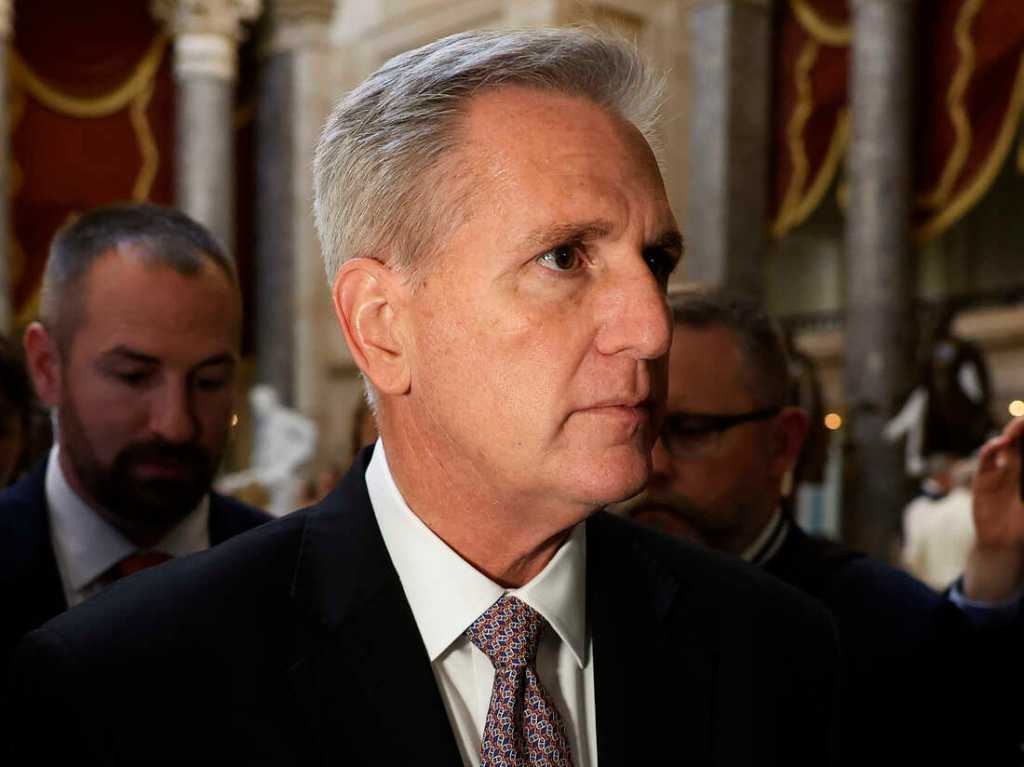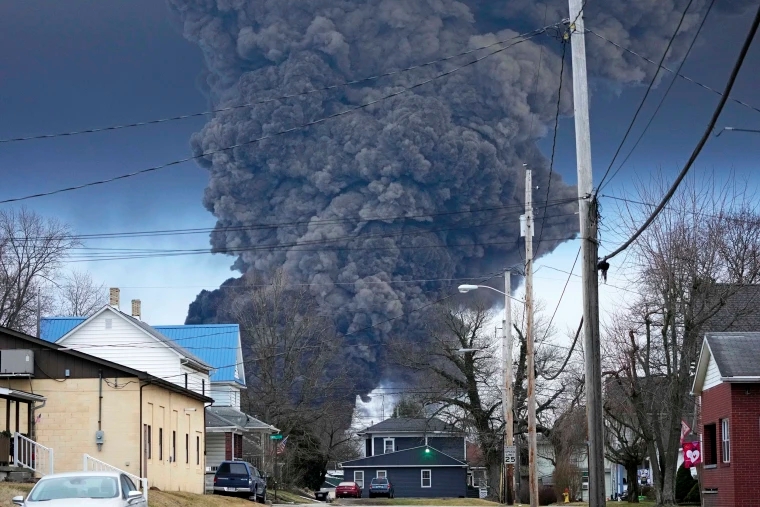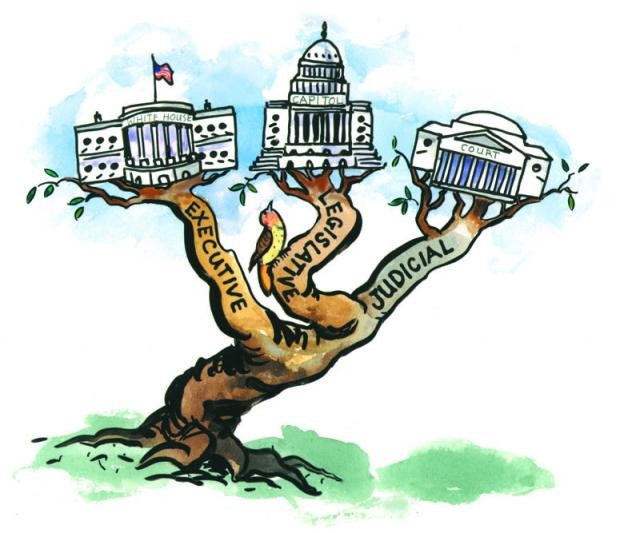January 26th 2023 | Michael Baturin
Edited by Raymond Perez
California has a rapidly escalating homelessness problem. In January 2020, California had 161,548 homeless persons, according to the Continuums of Care to the United States Department of Housing and Urban Development. Among these homeless, 51,785 were individuals with chronic homelessness, 12,172 were young adults without supervision, 11,401 were Veterans, and 8,030 were family households. The statistics are even more alarming when reviewing public school-age children. According to the United States Department of Education, approximately 271,528 public school students were homeless at some point during the year. Of these 271,528 students, 226,363 were living doubled up, 19,758 were in shelters, 14,386 were in hotels/motels, and 11,021 were unsheltered.
Additionally, studies concerning the mental health of the homeless population in California reveal a serious problem within this problem. In an effort to better understand the severity of psychotic spectrum disorders in the homeless population, the California Policy Lab worked with records of the Los Angeles Homeless Services Authority’s Homeless Management Information System and the LA County Department of Health Services. Researchers analyzed the data and established how many people in these groups were enrolled in interim or permanent housing within one year of their enrollment in street outreach services. They found that in Los Angeles alone, 45,021 homeless needed street outreach services between July 1st, 2019, and June 30th, 2020.
The issue of homelessness and especially those homeless people with mental illness in California are of paramount concern. However, the options to address these issues are complicated, and each of the options bring with them both legal and policy concerns. One such option is the newly passed California Community Assistance and Recovery and Empowerment (CARE) Act.
California’s governor Gavin Newsom signed the CARE Act into law. This law is touted as a significant change to the systemic approach of helping the homeless, specifically those that are mentally ill. Newsom’s office refers to the CARE Act and CARE Court which is established under the law as “a paradigm shift that will provide individuals with severe mental health and substance use disorders the care and services they need to get healthy.” Notably, the law does not apply to all homeless, but rather to homeless “with schizophrenia spectrum or other psychotic disorders who meet specific criteria.” The CARE Act allows care providers, family members, first responders, and other individuals specified in the bill to petition the CARE Court to draw up a plan to help address the mentally ill homeless and get them treatment.
The CARE Court ensures that the mentally ill homeless receive a variety of necessary services, including but not limited to, short-term stabilization medications, wellness and recovery supports, and social services including housing. The treatment plans constructed in the CARE Court results in the mentally ill homeless being compelled into care, which the Anti Police Terror Project Coalition and other homeless activists argue is against their will. Indeed, the CARE Court can issue conservatorship for those homeless people who do not comply with the decisions made by the Court. This state power is one of the reasons that this act has become controversial. Although the CARE Act has a wealth of supporters, it has also received increasing political and legal backlash from legal scholars and activists.
As such, notwithstanding the passing of the CARE Act, there are several legal and policy areas where the act has been challenged. Specifically, the Human Rights Watch Group has outlined two specific areas where the law is problematic. First, the law’s CARE Court is a coerced form of treatment, and coerced treatment violates Human Rights and second, the law’s CARE Court denies due process.
This review will focus on the legal debate over inequities and coercive treatment involved in the Act’s CARE Court and whether this is a violation of human rights, along with whether the Act violates due process.
Critics of the CARE Act argue that the judges of the CARE Court are given too much power concerning the treatment of the homeless. The structure of the law allows judges to create a treatment plan for mentally ill homeless people. The judges’ prescribed treatment plan can consist of “an order to take certain medications including anti-psychotic medications, housing, and other enumerated services.” The law also states that those who disobey the Court ordered treatment plans can be referred to conservatorship. In light of these powers, the Human Rights Watch group argues that the treatment plans in the CARE ACT are simply “pathways to the even stricter system of control through conservatorship.” In contrast supporters argue that they are providing care settings that offer stabilized environments for homeless people to receive treatment and support.
This argument of a “stricter system” control then expands to the argument that the treatment of the mentally ill homeless ultimately incurs a violation of human rights. In order to determine if an Act involves a violation of human rights, one can apply the Universal Declaration of Human Rights (UDHR).
The UDHR states that “fundamental human rights [are] to be universally protected” and that all people have the right to “the highest attainable standard of physical and mental health.” The right to health created in this agreement includes the right to health and the right to be free from interference, specifically, the right to be free from non-consensual medical treatment.
In light of this, opponents of the CARE Court Act argue that mentally ill patients do not have the opportunity to give true consent to receive treatment plans, and the corresponding inability to refuse treatment violates this clause of the international human rights law. They also maintain that the “legislation does not set meaningful standards to guide judicial discretion and does not delineate procedures for those decisions.” This argument hinges on the relative ease and subjective nature of deciding on mandatory treatment. The Human Rights Watch asserts that the legislation incorporates “a contradictory and unworkable procedure that allows certain people diagnosed with schizophrenia or other psychotic disorders to be ordered into treatment if, among other criteria, a judge believes that they are unlikely to survive safely in the community without supervision, or that they are at risk of relapse or deterioration into grave disability or serious harm.” The American Civil Liberties Union argues that the law results in inequitable, coerced, forced, and less effective treatment, citing multiple studies.
In response to these arguments, many argue that the CARE Act is necessary as it focuses on severely mentally ill homeless people, not mentally ill people at large, who otherwise would have no other option and are a severe danger to themselves and society. Researchers Torrey and Zdanowicz, in their piece, “Outpatient Commitment,” point out “that many people with schizophrenia and bipolar disorder are cognitively impaired and lack the ability to make decisions about their treatment.” As a result of this, they often do not listen to their physicians and pose a substantial, continually viable threat to endanger both themselves and the public. Torrey and Zdanowicz emphasize that when left alone, severely noncompliant mentally ill face “significantly greater risks of homelessness, suicide, violent behavior and incarceration.” Because of these risks, proponents argue that the law’s provisions are justified, if not essential and that the benefits to the individual homeless persons and to society overall, outweigh all else.
Opponents of the CARE Act also claim that CARE Court denies adequate due process. Cornell Law School summarizes procedural due process as “the constitutional requirement that when the federal government acts in such a way that denies a citizen of a life, liberty, or property interest, the person must be given notice, the opportunity to be heard, and a decision by a neutral decision-maker.”
Despite this definition of due process, opponents of the Care Act argue that Sections 5974 and 5978 of the law violate due process. Specifically, in these sections, power is given to “family members, first responders, including police officers or outreach workers, the public guardian, service providers, conservators, and the director of the county behavioral health agency, [who under certain conditions can] initiate the process of imposing involuntary treatment by Court Petition.”
They further argue that the expansive group of individuals capable of petitioning the Court compromises the homeless’ best interests, as many of those permitted to file petitions are not neutral or impartial. For example, antagonism between family members could result in coerced treatment of the homeless family member, with motivations separate from simply helping the homeless party getting optimal treatment. Another example raised by the Human Rights Movement Group is that “[l]aw enforcement and outreach workers would have a new tool to threaten unhoused people with referral to the court to pressure them to move from a given area.” Given the power disparity between the parties, the argument extends that mentally ill homeless people do not have the opportunity to give true consent to receive treatment plans and the corresponding inability to refuse treatment violates this clause of the international human rights law.
However, in contrast, proponents of the CARE Act maintain that there are more than enough safeguards protecting homeless peoples’ due process rights. They maintain that in addition to built-in procedural safeguards, the mentally ill homeless subject to the law will be provided with treatment options that they would otherwise be unaware of and, ultimately, to received highly beneficial treatment plans that they otherwise would not have received. They argue that the CARE Act results in the preservation and enhancement of their personal liberties and an opportunity for true due process to be strengthened because there is an increased likelihood that they will receive meaningful treatment. This will ultimately increase their autonomy and ability to make decisions about their treatment and their lives on their own. Indeed, the California Health & Human Services Agency maintains that the “CARE Court provides a new Supporter role, to empower the individual in directing their care as much as possible.”
As the debate over the CARE Act and its corresponding treatment expands and grabs more attention, the debate may ultimately end up in the California Supreme Court or even the United States Supreme Court. There will undoubtedly be personal debates over the moral implications of this law and how to balance the protection of society while maintaining as much individual liberty and dignity for every citizen. This balance is well worth achieving.
Michael Baturin is a student at Johns Hopkins University.
Sources:
[1] Jocelyn Wiener, More by. “Breakdown: California’s Mental Health System, Explained.” CalMatters, April 30, 2019. http://calmatters.org/explainers/breakdown-californias-mental-health-system-explained/.
[2] “Https://Www.Usich.Gov/Homelessness-Statistics/Ca/.” Accessed December 3, 2022. https://www.usich.gov/homelessness-statistics/ca/.
[3] Caprara, Colin, Dean Obermark, Janey Rountree, and Robert Santillano. “Serious Mental Illness among People Who Are Unsheltered in Los Angeles – California Policy Lab.” California Policy Lab, May 24, 2022. https://www.capolicylab.org/serious-mental-illness-among-people-who-are-unsheltered-in-los-angeles/.
[4] Newsom Signs “CARE Court” Plan, Overhauling Mental Health Care in California | KQED. “Newsom Signs ‘CARE Court’ Plan, Overhauling Mental Health Care in California | KQED,” September 14, 2001. https://www.kqed.org/news/11924117/governors-care-court-plan-passes-assembly-clearing-way-to-become-law.
[5] Human rights and health. “Human Rights and Health,” December 29, 2017. https://www.who.int/news-room/fact-sheets/detail/human-rights-and-health.
[6] Kurlander, Jacob. “Pro/Con: Outpatient Commitment for the Severely Mentally Ill.” Journal of Ethics | American Medical Association, October 1, 2003. https://journalofethics.ama-assn.org/article/procon-outpatient-commitment-severely-mentally-ill/2003-10.
[7] LII / Legal Information Institute. “Procedural Due Process.” Accessed December 3, 2022. https://www.law.cornell.edu/wex/procedural_due_process.
[8] Human Rights Watch’s Opposition to CARE Court (CA SB 1338) | Human Rights Watch. “Human Rights Watch’s Opposition to CARE Court (CA SB 1338),” July 22, 2022. https://www.hrw.org/news/2022/07/22/human-rights-watchs-opposition-care-court-ca-sb-1338.
[9] California proposal would force unhoused people into treatment | California | The Guardian. “California Proposal Would Force Unhoused People into Treatment | California | The Guardian.” Accessed December 3, 2022. https://amp.theguardian.com/us-news/2022/mar/03/california-proposal-forced-unhoused-treatment.
[10] Fact Sheets | Senate Housing Committee. “Fact Sheets | Senate Housing Committee.” Accessed December 3, 2022. https://shou.senate.ca.gov/node/17.
[11] United Nations. 2022. “Human Rights.” United Nations. 2022. https://www.un.org/en/global-issues/human-rights.
[12] “CARE Act.” n.d. California Health and Human Services. https://www.chhs.ca.gov/care-act/.
[13] United States Interagency Council on Homelessness. 2018. “Homeless in California Statistics 2018. Homeless Estimation by State | US Interagency Council on Homelessness.” Usich.gov. 2018. https://www.usich.gov/homelessness-statistics/ca/.
[14] Human Rights Watch. 2022. “Human Rights Watch Urges a No Vote on CARE Court (SB 1338),” August 15, 2022.https://www.hrw.org/news/2022/08/15/human-rights-watch-urges-no-vote-care-court-sb-1338.
Photo Credit: CalChamber Alert





Leave a comment